The story of the inexplicable friendship of Queen Victoria and Abdul Karim's servant
Categories: History
By Pictolic https://pictolic.com/article/the-story-of-the-inexplicable-friendship-of-queen-victoria-and-abdul-karims-servant.htmlIt just so happens that monarchs get favorites. Sometimes such people, thanks to their patrons, reach great heights and even get into history. However, not always such favorites are perceived positively, because many believe that they are out of place. This was the story of the friendship of the British Queen Victoria and the Indian footman Abdul Karim.
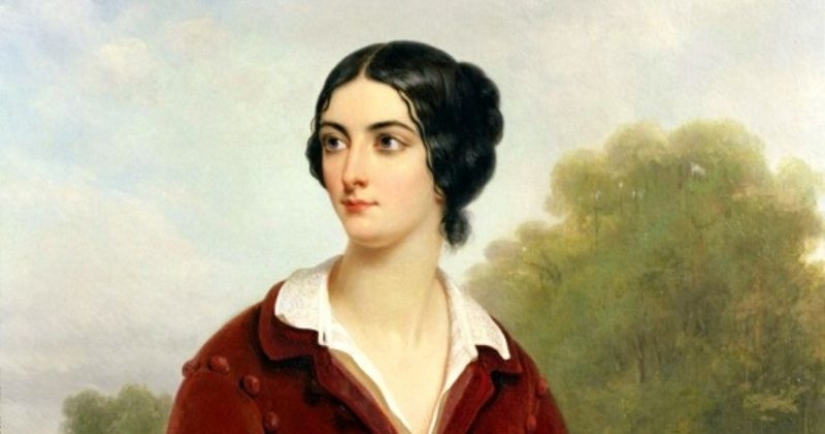
The prim English court considered the relationship between the elderly queen and her young Indian servant Abdul scandalous and very ambiguous. The Queen and the Indian met in 1887 and, we can say, did not part for 14 years. An Indian from a simple family suddenly turned out to be Victoria's favorite and no one could explain this friendship.
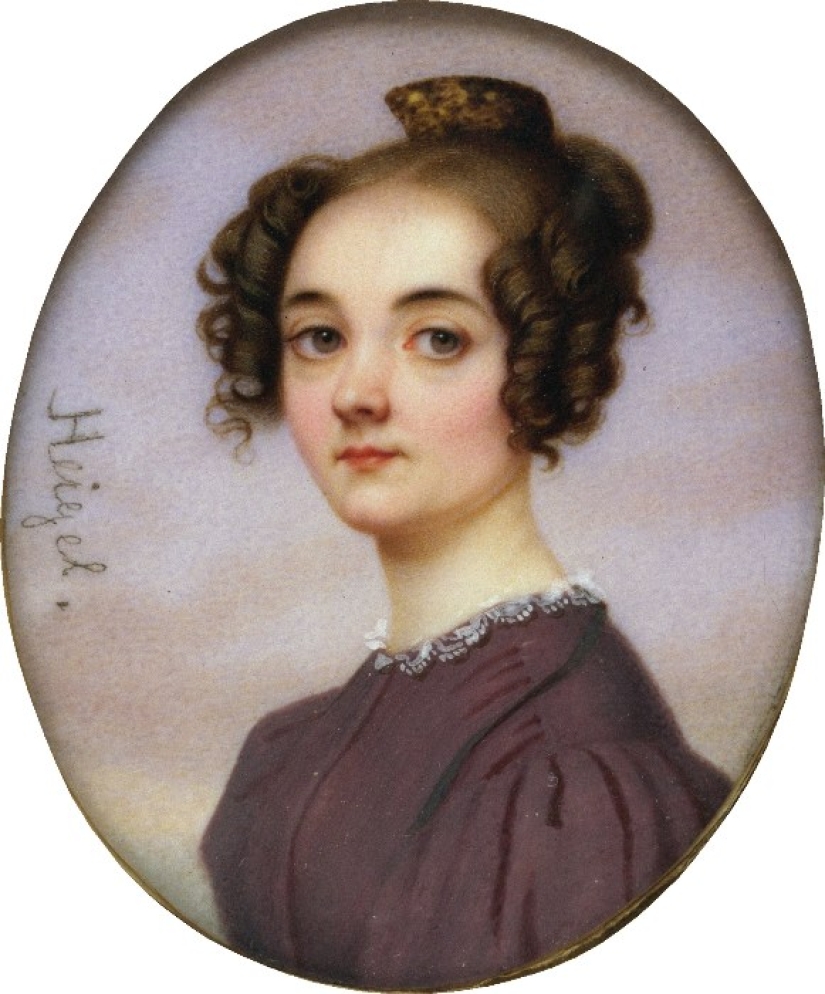
Mohammed Abdul Karim was born in 1863 in the city of Lalitpur in northern India. Muslim parents have been engaged in the education of their son since childhood, and Abdul learned Urdu and Persian. In his youth, he traveled extensively in Northern India and Afghanistan. Young Karim started his career in Agra prison, where his father worked as a paramedic. It was in this sad place that he met the queen.
The Indian territories of the Crown interested Victoria in 1887. The Queen even demanded that the banquet in honor of her golden jubilee be served by Hindus. Two Indian servants were selected for the event dedicated to the 50-year stay on the throne, one of whom was 24-year-old Abdul Karim.
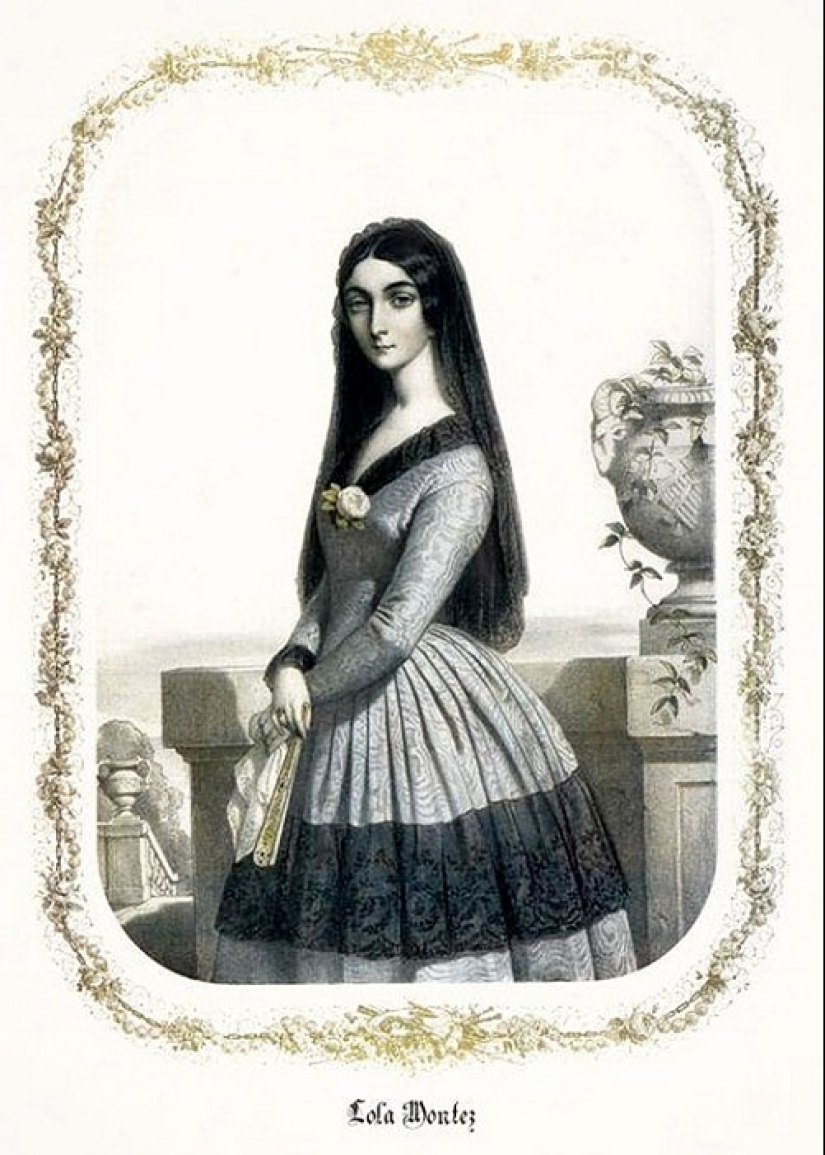
Karim and his partner have come a long way to get to Windsor Palace. First from Agra to Bombay by train, then by mail steamer to the UK. In June 1887, the Indians arrived in London and were placed at the disposal of the organizer of the holiday, Major General Dennehy.
For the first time, servants from distant colonies served the Queen at breakfast in the Frogmore House Pavilion in Windsor on June 23, 1887. On the same day, an entry dedicated to meeting Abdul appeared in Victoria's diary:
Five days later, the Queen described her new experiences with the Indians. In her opinion, they were diligent, patient and very delicate. Victoria even decided to learn a few phrases in Hindustani to talk to the servants. On August 20, in her notes, the queen praised the servants for the wonderful curry they had prepared for her. And already on August 30, 1887, Abdul Karim began teaching her the Urdu language.
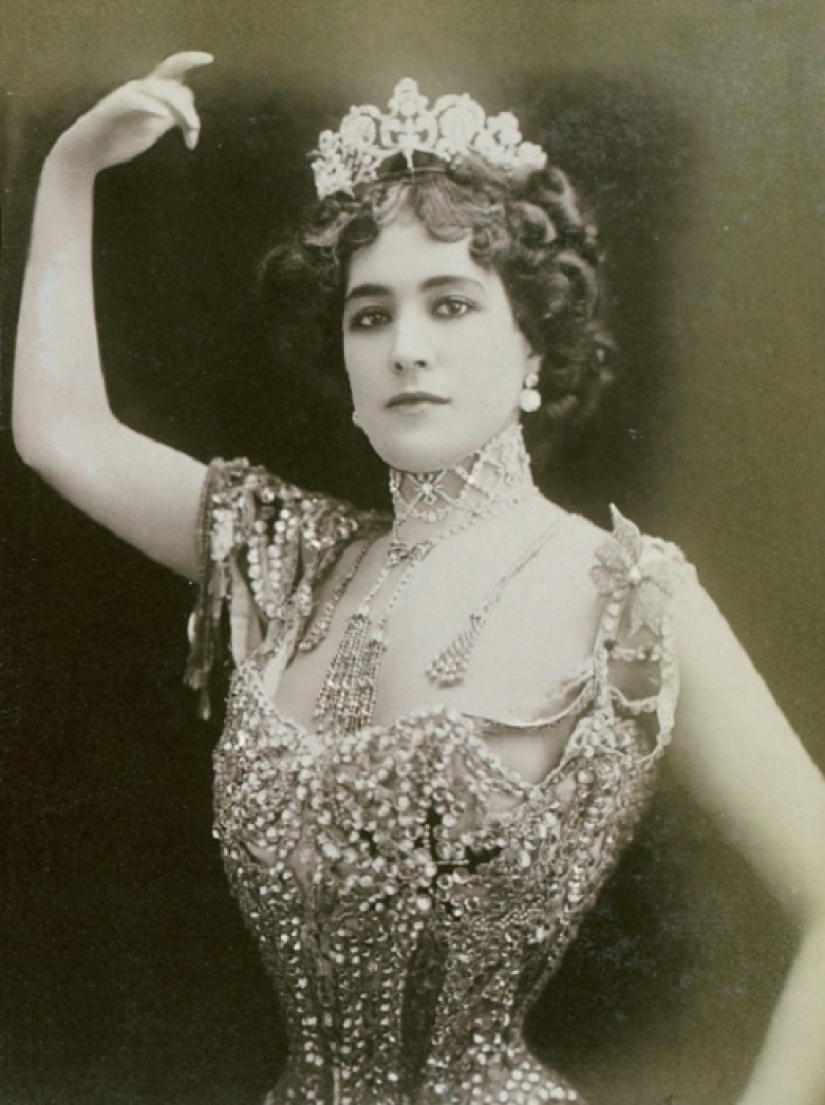
The Queen certainly wanted to impress the guests by greeting important guests from India in their language at the anniversary in December. To make the training move faster, Victoria ordered Abdul to be taught English in parallel, which he spoke very mediocre. The Hindu turned out to be a diligent student and already in February 1888 spoke an excellent foreign language.
Once, in a private conversation, Abdul Karim complained to the Queen that he was not in his place. He said that in Agra he worked as a clerk in prison, and a waiter is a less worthy job. Victoria immediately ordered that Abdul be made a "munshi" - a personal secretary and a clerk. In her diary, she seems to justify herself and explain her act by necessity:
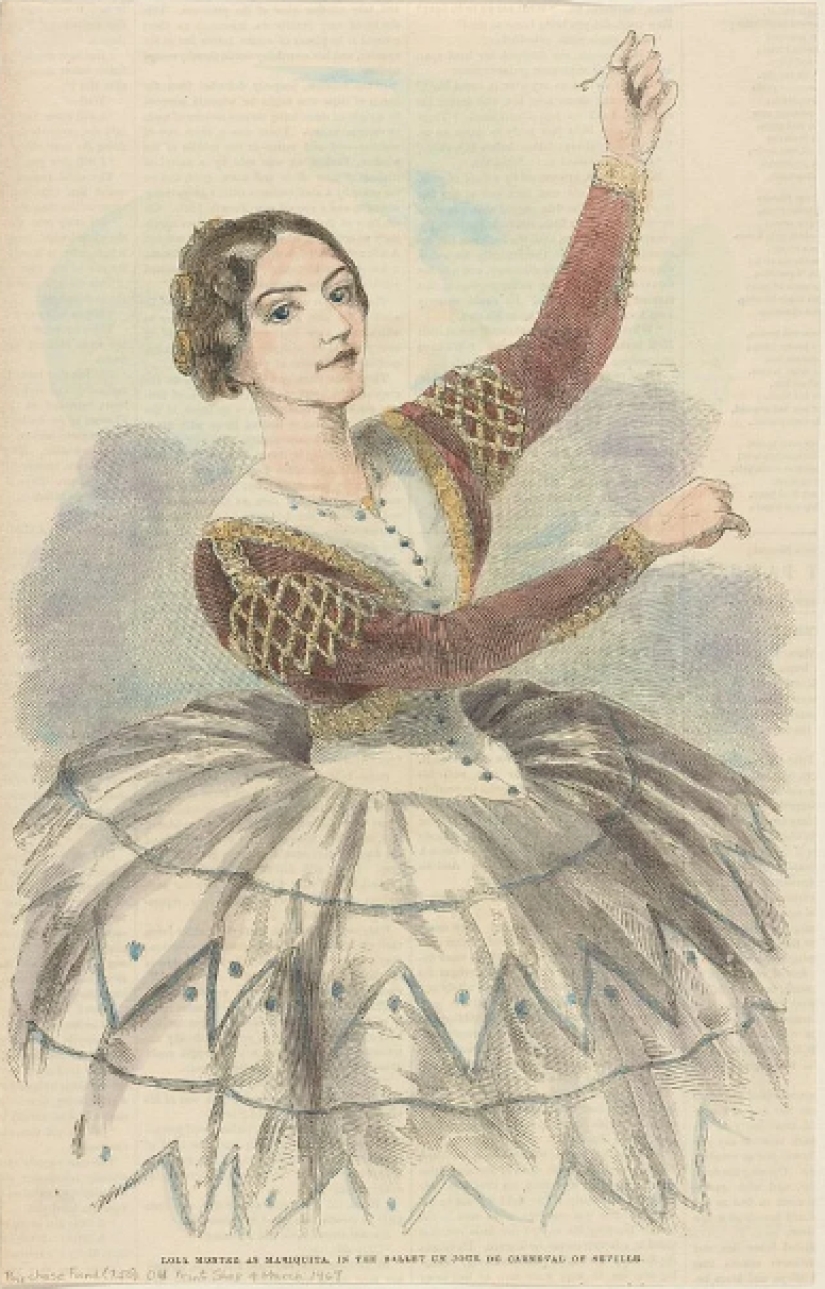
So that nothing else would embarrass Karim, the queen ordered the destruction of all the photos in which he served at the table. So the prison clerk from Agra became the first Indian private secretary to the Queen. As for the second servant, Buksha, he remained at court as a canteen servant and lived at Windsor Castle until his death in 1899.
Historian and biographer Abdul Karim Sushila Anand wrote in her book about the communication of the queen and her adviser as follows:
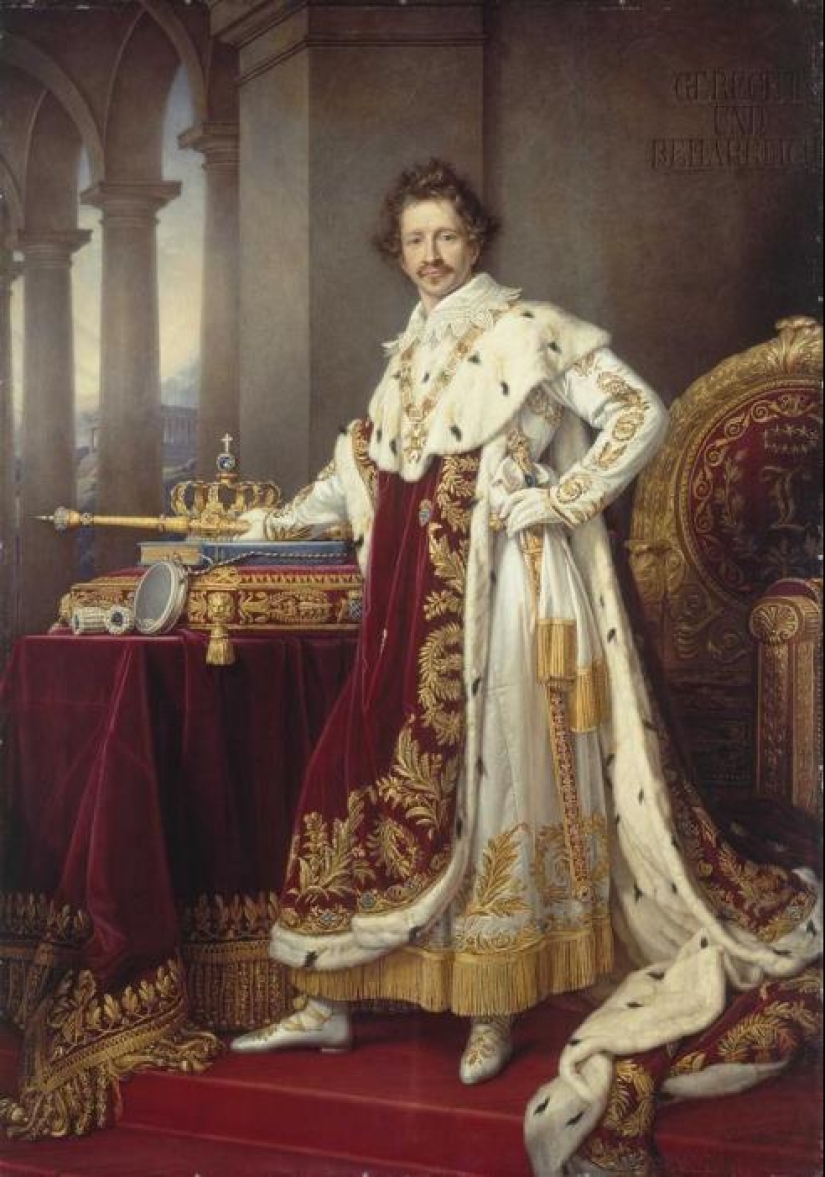
The Queen appointed Karim as the boss of the other servants from India. In her diary, she constantly praised the secretary, calling him kind, gentle, understanding. Victoria even wrote that Abdul had become a "real comfort" for her. She could not do without her beloved secretary for a single day.
The relationship between the queen and the former servant became increasingly close. This worried the members of the royal court. Whatever the elderly woman imagined, but Abdul remained a servant and at the same time was a Muslim. But Victoria did not notice the sidelong glances and hints. She took Karim on all official trips and even when she went on vacation. It was rumored that the queen went crazy in her old age and fell in love with a servant who was 40 years younger than her.
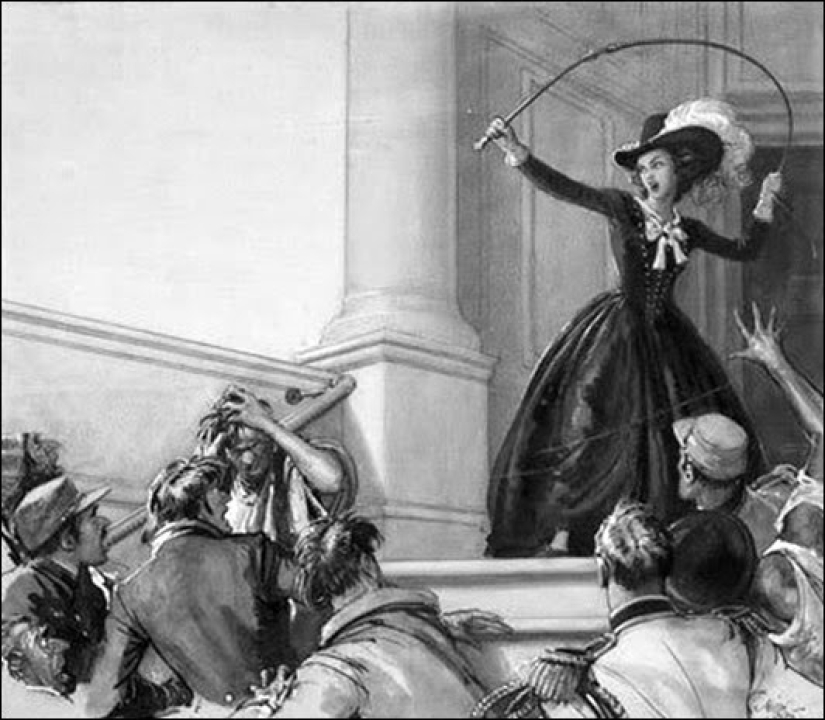
The woman pampered her pet, making him truly royal gifts. One day she presented Karim with a large plot of land in his homeland, in India. Journalist Shrabani Basu, author of the investigative book "Victoria and Abdul: The True Story of the Queen's closest confidant" wrote about their relationship as follows:
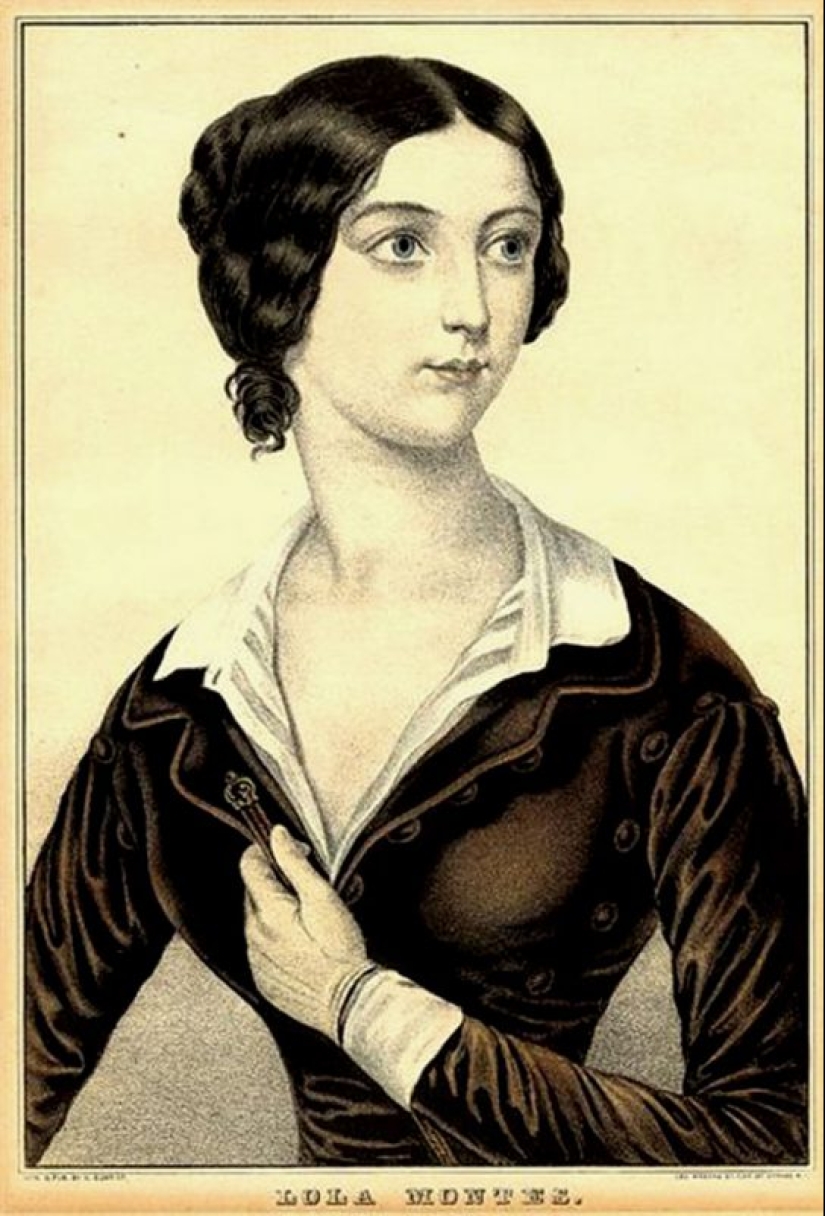
In the entire history of this relationship, the queen and her favorite spent only one night together. It happened on vacation at Glassat Shiel Cottage, in Scotland. At the same time, Shrabani Basu does not believe that there was an intimate relationship between the queen and Abdul. He is sure that it was a real platonic love, akin to maternal, but more romantic.
Before her death, Victoria wished that Karim would become the main mourner at her funeral. This is a very important ceremonial position at the burial of English monarchs. Such an honor is usually given only to members of the royal family or friends from among the aristocrats.
It is quite clear that as soon as Queen Victoria left this world, hard times began for Abdul Karim. The heirs immediately kicked the Indian out of his apartments in Windsor Palace. On January 22, 1901, King Edward VII sent guards to the cottage on the castle grounds where Abdul and his wife lived. The guards carefully searched all the rooms, ignoring the presence of Karim. They were interested in the correspondence of the queen and her pet, which was seized and immediately burned.
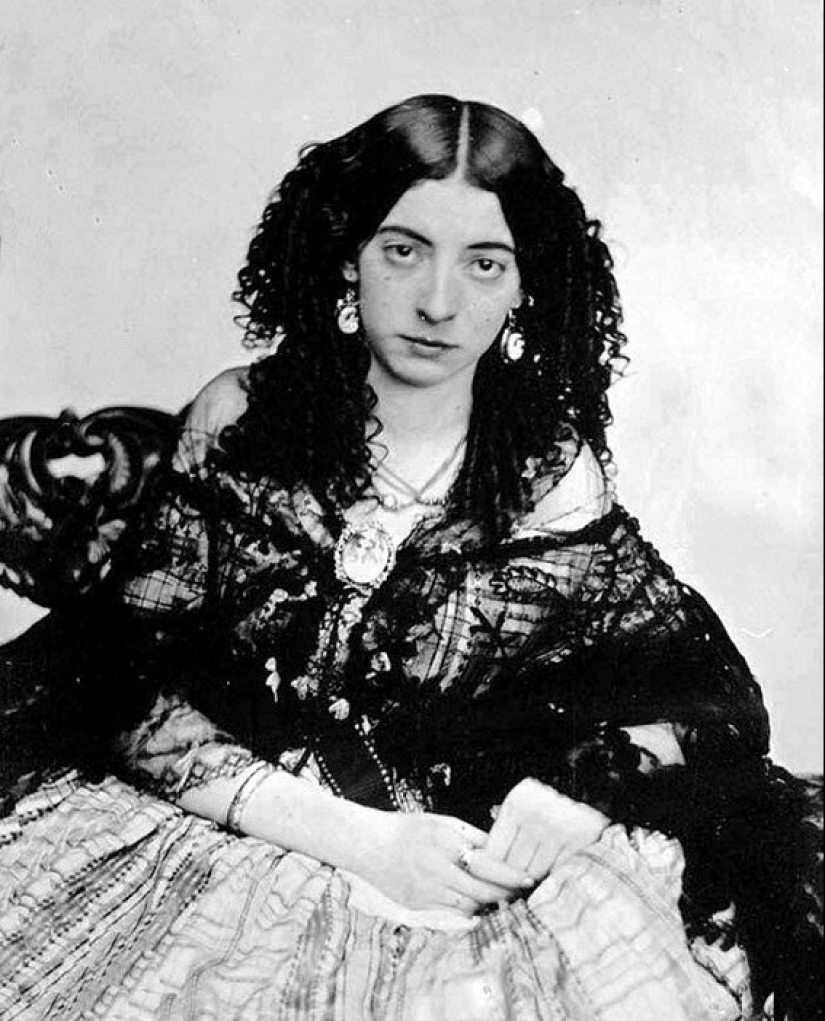
After the destruction of the documents, the guards demanded from the former secretary of the Queen that he immediately leave England. They also strongly recommended him to keep quiet if he does not want problems for himself and his family. Abdul Karim left with his wife for India and settled in an estate near Agra, once donated by Victoria. Abdul Karim's life was short—lived - he died at the age of only 46.
Recent articles

It's high time to admit that this whole hipster idea has gone too far. The concept has become so popular that even restaurants have ...

There is a perception that people only use 10% of their brain potential. But the heroes of our review, apparently, found a way to ...

New Year's is a time to surprise and delight loved ones not only with gifts but also with a unique presentation of the holiday ...